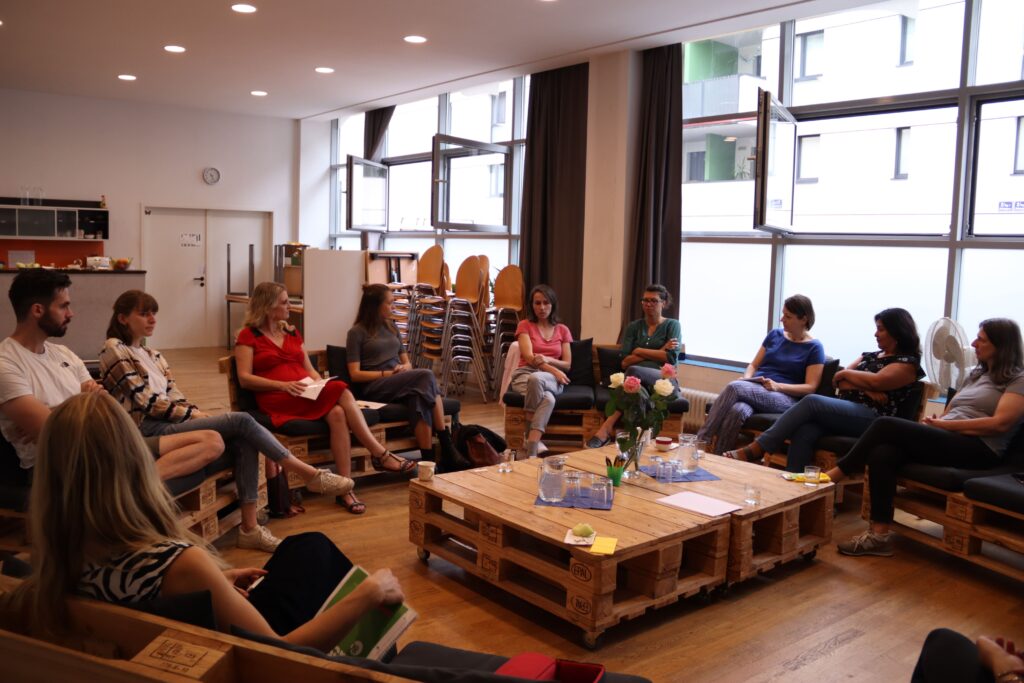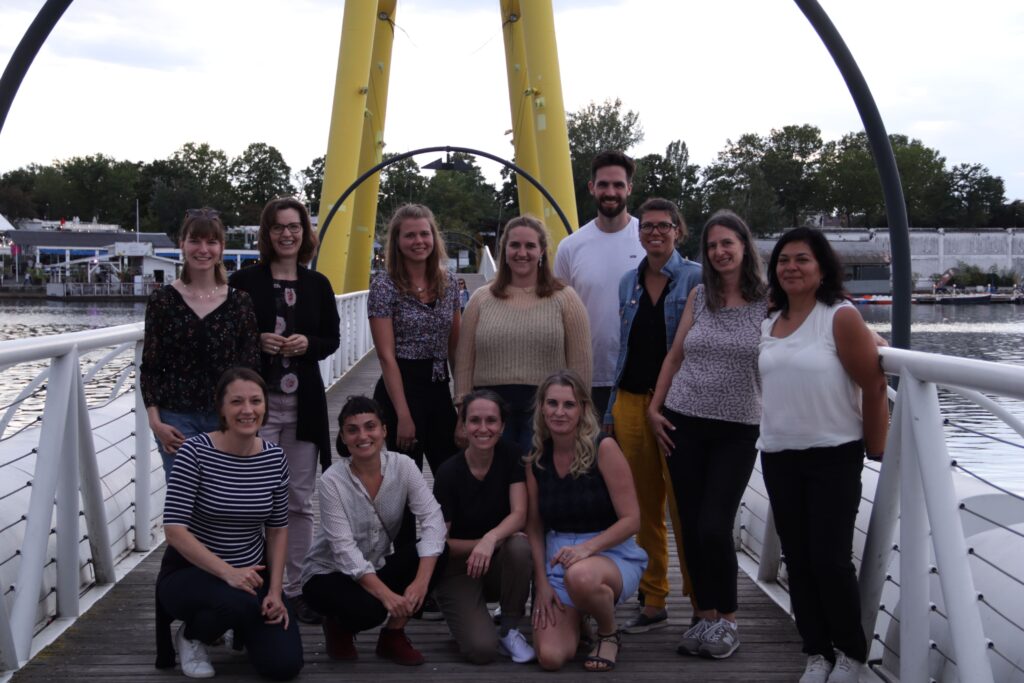Since early 2022, Hope for the Future has been taking part in EVI, a project co-financed by the EU to promote the incorporation of people who have experienced gender-specific violence into the job market. This is a core competence of HFTF, of course, and one being recognised and developed in a range of international collaborative projects thanks to the project.
Like almost all newly-founded associations, Hope for the Future had to grow its business on the basis of donations and revenue from its bag sales during the first few years of its operation. When a charitable organisation can apply for, and receive, public funding for the first time, it’s an important milestone.

INTERNATIONAL COOPERATION

Hope for the Future has been one of the organisations to have achieved this status since 2022. The European Union’s EVI Project, a competition for organisations cooperating internationally to help victims of forced prostitution and human trafficking, makes this possible. “EVI” is the acronym for “Empowerment of Victims of gender-based violence through vocational Integration”, and is co-financed by the European Union’s CERV Programme (Citizens, Equality, Rights and Values).
Getting EU-financed projects is no easy matter. To start with, there’s the search for partners, with international cooperation frequently a criterion for getting the award. You then have to work your way through long competition documentation, divide up the work packages and write responses to all the points in the competition. Competitions rarely promote precisely what you already do, so you have to be prepared to try out new things and change well-worn ways of working – without ever losing sight of the purpose of the organisation.
In the autumn of 2021, a working group made up of German and Austrian associations successfully cleared these hurdles, and funding for the project has been onstream since 2022. This has enabled Hope for the Future to employ its own social worker for the first time, who prepares clients of the Hope for the Future work training courses for the world of work, as long as they are sufficiently stabilised already. This includes coaching, and producing development plans. It also provides direct support in the application process, however, stays in contact with employers, and helps with integration. And to ensure the project is also capable of generating knowledge, the social worker carries out qualitative interviews for evaluation purposes, and produces guidelines and training materials for potential employers, informing them about special challenges such as traumatisation.
DEVELOPING NETWORKS
The aim of EVI is to get people ready for the world of work, and to employ female clients in concrete, stable positions with companies which state they are prepared to participate in the project. This is something new for all participants, of course, and has to be worked out jointly. Hope for the Future already has a great deal of experience of offering those who have escaped forced prostitution or human trafficking a stable, welcoming work and training environment. The group is now developing its competences of finding partner firms and accommodating clients in responsibilities suited to them.

This has already been successful in two cases: two women who were using HFTF’s range of work training and German courses now have permanent part-time positions with different employers. These positions factor in the women’s needs and special situations. The aim is to offer them the chance to develop themselves to become full-time employees, thereby creating the basis for them to lead a self-reliant life. HFTF develops a network of partner firms prepared to offer HFTF clients a chance to bid under these framework conditions. At the same time, contacts are established with education and health institutions which can serve the project aims by their nature.
Cooperation between the organisations, which are based in Vienna, Karlsruhe and Nuremberg, was only possible online in the early days of COVID. By September 2022, however, the time had finally come for those involved to meet at a single location, with Vienna being chosen. Along with team building and creativity exercises, the meeting offered plenty of time for in-depth talks and the opportunity for project partners to get to know one another better, above and beyond the project goals and progress reports.
Translation by Tim Martinz-Lywood, European Exchange Ltd.
www.european-exchange.co.uk
#Arbeitstraining #Empowerment #geschlechtsspezifischeGewalt #EU-Projekt #EVI #internationaleZusammenarbeit #Projektbericht #againsthumantrafficking #gegenmenschenhandel #endexploitation #endtrafficking #hopeforthefuture #österreich
